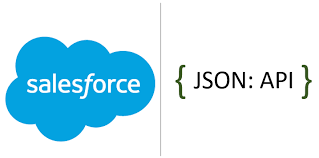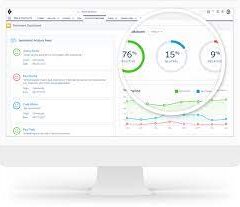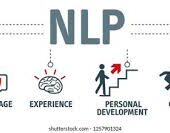Today we are diving into JSON (JavaScript Object Notation) and exploring why it’s a crucial concept for you to understand. JSON is a data representation format widely used across the internet for APIs, configuration files, and various applications
JSON Class
Contains methods for serializing Apex objects into JSON format and deserializing JSON content that was serialized using the serialize method in this class.
Usage
Use the methods in the System.JSON class to perform round-trip JSON serialization and deserialization of Apex objects.
Roundtrip Serialization and Deserialization
Use the JSON class methods to perform roundtrip serialization and deserialization of your JSON content. These methods enable you to serialize objects into JSON-formatted strings and to deserialize JSON strings back into objects.
What does JSON serialize do in Salesforce?
JSON. serialize() accepts both Apex collections and objects, in any combination that’s convertible to legal JSON. String jsonString = JSON.
What is the difference between JSON parse and JSON deserialize?
The parser converts the JSON data into a data structure that can be easily processed by the programming language. On the other hand, JSON Deserialization is the process of converting JSON data into an object in a programming language.
What is the difference between JSON and XML in Salesforce?
JSON supports numbers, objects, strings, and Boolean arrays. XML supports all JSON data types and additional types like Boolean, dates, images, and namespaces. JSON has smaller file sizes and faster data transmission. XML tag structure is more complex to write and read and results in bulky files.
Which is more secure XML or JSON?
Generally speaking, JSON is more suitable for simple and small data, more readable and maintainable for web developers, faster and more efficient for web applications or APIs, supports native data types but lacks a standard schema language, and is more compatible with web technologies but less secure than XML.
What is Salesforce JSON heap size limit?
Salesforce enforces an Apex Heap Size Limit of 6MB for synchronous transactions and 12MB for asynchronous transactions.
How to store JSON data in Salesforce object?
If you need to store the actual JSON payload in Salesforce for audit purposes, Tectonic would recommend just using a Long Text Area field to store JSON content. You wouldn’t have any performance impacts when interacting with records, and if required you could add this to the layout of the child object storing this data.
🔔🔔 Follow us on LinkedIn 🔔🔔













